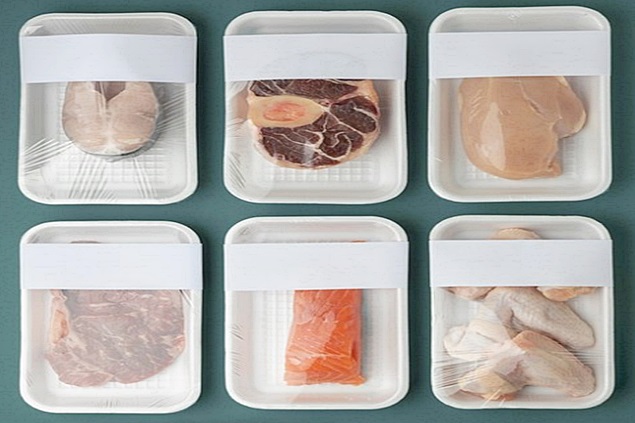1477

EU legislators are currently working on a comprehensive revision of packaging rules in the EU, aiming to increase sustainability, reports the European Court of Auditors in a statement.
The new regulation on packaging and packaging waste aims to reduce waste through more ambitious recycling and reuse targets.
This controversial law, covering multiple packaging sectors, is considered a significant step towards reducing plastic waste.
A challenging path is already emerging, as noted by the auditors of the European Court of Auditors in 2020 during an analysis of EU measures to combat the plastic waste issue.
In their review of measures taken by the EU to address the plastic waste problem, auditors sounded the alarm about the significant risk that the EU may not achieve its recycling targets for plastic packaging set for 2025 (50%) and 2030 (55%).
Packaging, such as yogurt cups or water bottles, accounts for about 40% of plastic material usage and over 60% of plastic waste generated in the EU. Plastic packaging also represents the type of packaging with the lowest recycling rate in the EU (just over 40%).
The analysis also revealed that member states rely on countries outside the EU to manage their plastic packaging waste and achieve recycling targets. In 2020, nearly one-third of plastic packaging reported as recycled by EU countries was, in fact, exported outside the EU for recycling.
However, due to stricter conditions set by the Basel Convention, most of these plastic waste transfers have been banned since January 2021.
This, along with the lack of processing capacity for these wastes within the EU, poses another potential risk to the EU's ambitious objectives, warned the auditors.
At the same time, auditors praised the EU's ambition to nearly double plastic waste recycling rates by 2030, highlighting the economic opportunities that such a policy brings.
Thanks to its new approach, the EU could gain a first-mover advantage and strengthen its position as a global leader in plastic packaging recycling.





